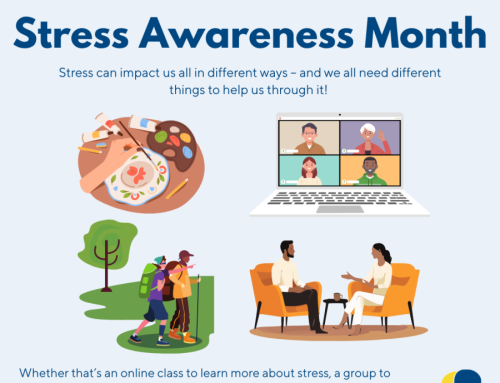On World Mental Health Day, Naseem Tariq from the WY-FI team talks about signs to look out for if we’re concerned about our own or someone else’s mental health.
Definitions
World Health Organisation defines health as “A state of (complete) physical, mental and social wellbeing and not merely the absence of disease and infirmity.”
Health Education Authority defines mental health as “The emotional and spiritual resilience which allows us to enjoy life and survive pain, disappointment and sadness. It is positive sense of wellbeing and underlying belief in our own, and others, dignity and worth.”
Warning Signs and Symptoms
In Adults, Young Adults and Adolescents:
- Confused thinking
- Prolonged depression (sadness or irritability)
- Feelings of extreme highs and lows
- Excessive fears, worries and anxieties
- Social withdrawal
- Dramatic changes in eating or sleeping habits
- Strong feelings of anger
- Strange thoughts (delusions)
- Seeing or hearing things that aren’t there (hallucinations)
- Growing inability to cope with daily problems and activities
- Suicidal thoughts
- Numerous unexplained physical ailments
- Substance use
In Older Children and Pre-Adolescents:
- Substance use
- Inability to cope with problems and daily activities
- Changes in sleeping and/or eating habits
- Excessive complaints of physical ailments
- Changes in ability to manage responsibilities – at home and/or at school
- Defiance of authority, truancy, theft, and/or vandalism
- Intense fear
- Prolonged negative mood, often accompanied by poor appetite or thoughts of death
- Frequent outbursts of anger
In Younger Children:
- Changes in school performance
- Poor grades despite strong efforts
- Changes in sleeping and/or eating habits
- Excessive worry or anxiety (i.e. refusing to go to bed or school)
- Hyperactivity
- Persistent nightmares
- Persistent disobedience or aggression
- Frequent temper tantrums





